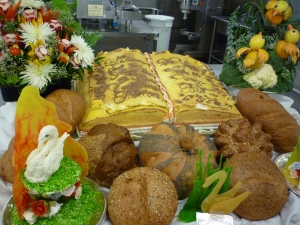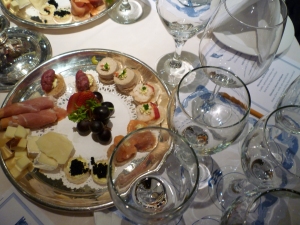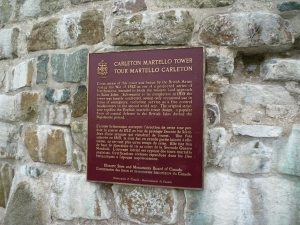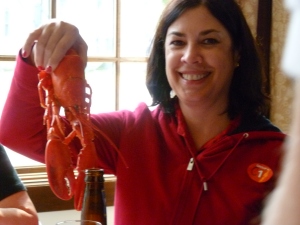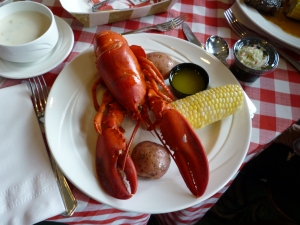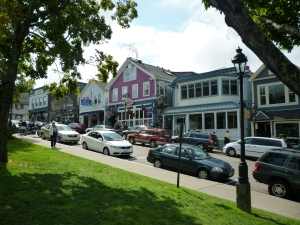EBOOKS
“Brainstorming on the Beach” Conference with Novelists, Inc.

Here are my notes, keeping in mind this is what I heard and my interpretation.
Panelists:
Lou Aronica, Publisher, The Story Plant
Donna Hayes, Publisher and CEO, Harlequin Enterprises
Al Zuckerman, Literary Agent and Founder of Writers House
Carolyn Pittis, Senior VP, Global Author Services, HarperCollins
Heather Graham, NYT Bestselling Author
Alan Kaufman, Literary Attorney
Loriana Sacilotto, Executive VP, Editorial & Global Strategy, Harlequin Enterprises
Angela James, Executive Editor, Carina Press
“Publishers are moving toward digital publishing because consumers want it.” Ereaders will be hot over the holidays.
A digital world offers no returns, no print production, and a different distribution avenue. It’s a very big opportunity for writers and publishers. Genre readers have adapted to the technology faster than others.
Neilsen Bookscan (if I got this right) reported $40.6 million eBook sales in one month. The Kindle is responsible for this explosion.
The competition, i.e. B&N, Borders, Amazon, and Google, are growing awareness of this product. What will really shake things up will be Smartphones. This is the next big opportunity. People who don’t own dedicated eReaders will have global Smartphones. Even eReaders may disappear in favor of these devices. The deciding factor is how long brick and mortar stores stay open.
See this article “Verizon Wireless Brings Kindle Experience to Android Smartphones and Other Devices” at http://bit.ly/9LypQG
Lou: He doesn’t distinguish between print or eBook writers and publishing houses re prestige. Readers want interaction with writers. You must connect in some significant way with your readers. The only way you can stand out from the pack is to market yourself, no matter the publisher or the format.
Regarding whether you should self-publish or go with an epub, Lou reminds you that epubs can manage the different streams of income. Convenience is a major factor to going with an epub for now. If eBook sales equivocate to print sales, perhaps these epubs should begin offering advances.
Print publishers have to set up a new infrastructure while maintaining their legacy print operation, but there may be casualties as their margins are very small.
Angela: Digital first authors may choose to go with an epub because they want to write something different or they want to start out in a smaller market. It doesn’t mean they’ve been rejected by the major houses as many perceive it.
“You don’t want to just publish a book. You want a career.” Authors are small business owners and have to market themselves.
Carolyn: How do pubs and authors collaborate together as partners in a new business model to sell more books? The major houses have to figure out how to reduce costs on the print side while increasing their investment in digital. Readers care about what reviewers think and what their own friends like. They care about a good story. She believes too much technology (i.e. enhanced eBooks) may interfere with this experience, at least for fiction. It might work better for nonfiction.
Alan believes things may look similar in five years if the general trade publishers acquire the eBook publishing houses. Then those pubs may in turn be acquired by Google.
“Publishers act as gatekeepers. This is their most important function. If they aren’t around to do that, who knows what’ll be out there?”
Harlequin is already ahead of the game because it has Carina Press. Angela says other issues like DRM and pricing will change the landscape.
Other issues mentioned in the panel were consumer pricing and the strong trend toward price reduction, demographics and the behavior of younger readers and their purchasing habits, and the foreign market which is hungry for content.
Coming next: Digital Rights
I’m guest blogging today over at Fresh Fiction on Creating Memorable Villains. Please check out my post and leave a comment: http://freshfiction.com/page.php?id=2864






